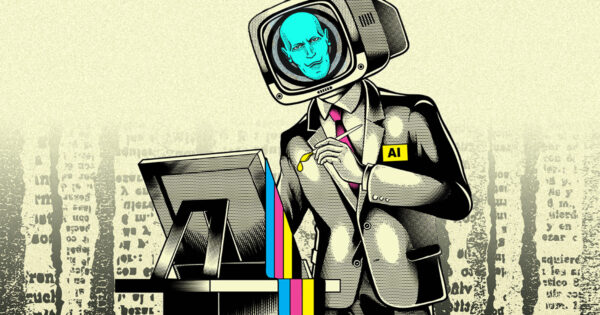Publishers Disguising Gen AI Content material Danger Business and Reputational Blowback

In response to analysis agency Ipsos, the proportion of customers who stated they would like people, moderately than AI, to create journalism content material rose from 69% to 74% between February and September.
Demonetizing gen-AI-created content material
This rising mistrust, mixed with the poor high quality and inaccuracy of some gen AI content material, may discourage manufacturers from eager to run advertisements in opposition to it, stated Willens.
Simply as audiences and regulators have clamored for gen AI content material to be labeled as such, advertisers may quickly demand comparable transparency to be able to apply filters. This might affect publishers’ capability to make use of open-exchange demand to monetize the impressions, decreasing their worth and defeating the aim of utilizing the know-how within the first place, based on Willens.
Additional, when disclosed appropriately, utilizing gen AI to create content material can supply constructive model differentiation, which makes efforts to hide its use an “personal purpose,” based on Dietz.
BuzzFeed Inc. and G/O Media, as an example, have each experimented with gen AI know-how and been open in regards to the efforts. In doing so, they mitigate the potential reputational threat whereas profiting from the capabilities the know-how affords.
“If you happen to take the best method with AI, you acquire a degree of differentiation, you acquire effectivity and also you open up new enterprise avenues,” Dietz stated. “By not disclosing it, you sacrifice belief and lose your viewers, which has unfavourable implications on the remainder of your corporation.”
[ad_2]
Source_link








